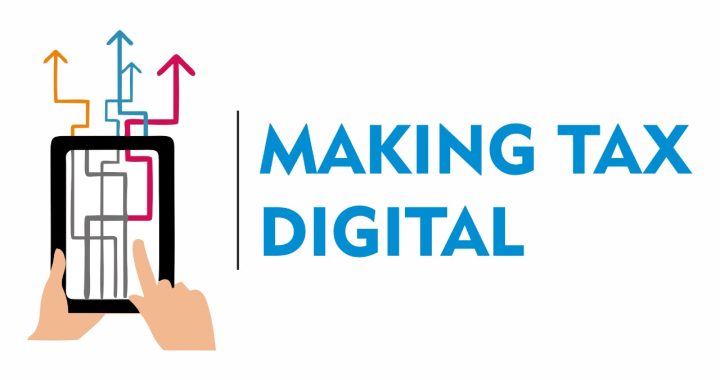
Japanese Teacher Jobs
If you’re looking for a career in education, teaching jobs in Japan could be the right fit. With varying hiring seasons and application requirements, you can find your ideal job based on your goals. Most Japanese teachers work for public schools, but there are also private Japanese tutors who offer training and support to teach japanese. This type of job can be a great opportunity to live abroad and travel around Japan.
Education in Japan
In Japan, education begins at age six with elementary school. Children then go on to lower secondary school (middle school) for three years, followed by upper secondary school (high school) for four years. Then, students graduate and go on to tertiary education at one of the hundreds of universities in Japan. There are many different types of tertiary education in Japan, from bachelor’s to master’s degrees, and doctoral programs. These degrees are usually at least three years long and prepare students for advanced research programs or professions with high skill requirements. There are also various vocational schools and colleges of technology.
The primary goals of the Japanese educational system are to produce a workforce that can understand and adapt to global challenges, as well as prepare students to take responsibility for their own learning and to work in collaborative teams. These goals are achieved by promoting student exchange, developing cross-cultural and global skills and encouraging interactive classes that encourage self-motivation and independence.
Higher Education in Japan
There are more than two hundred national universities and a few private ones. These universities are modelled after state universities in the United States and offer general courses, unit credits, professional graduate schools and accreditation. These higher educational institutions have been reshaped to meet the needs of the economy, which is in the midst of rapid changes caused by globalisation and ageing population growth. These changes require more capable human resources who can guide the country in search of new opportunities.
The Japanese educational system is based on a combination of the western model of education and the Japanese philosophy of education. Although this system has produced a strong work ethic, it is also known for its rigidity and lack of tolerance for individual differences.
Teachers in Japan
Teachers in Japan hold a wide range of duties and responsibilities, and they must meet strict expectations of society. The Japanese education system has long emphasised the importance of teacher training and in-service education, and the country has developed a variety of programs for teacher development. The minimum qualifications for teaching positions are determined by national law, but prefectural boards of education may add additional requirements. A prospective teacher must complete an initial course of study in a postsecondary educational institution and have passed the exams for certification in their field. They must also participate in at least 20 days of in-service training.
During the first year of their teaching career, teachers are usually assigned mentors, who help them develop their skills as instructors and provide advice on classroom management and subject selection. The selection of mentors varies across prefectures and even within a school. The mentoring program is designed to provide new teachers with a professional learning environment and encourage them to remain in the teaching profession until retirement age.
Teaching English in Japan
Teaching English in Japan is a rewarding way to immerse yourself in Japanese culture while helping others improve their English skills. From conversational schools (Eikaiwa) to the government-backed JET Program, there are many options for teachers of all skill levels and backgrounds to choose from in Japan.
A bachelor’s degree is the minimum qualification required for most formal teaching jobs in Japan, but a variety of majors will be acceptable as long as you have a strong command of the language and can communicate clearly and effectively with students. Citizens from prominent English-speaking countries like the U.S., Canada, Ireland, England, Australia, New Zealand, and South Africa are preferred.
You should also have a CELTA or TEFL certification, which can boost your chances of getting a job in Japan and provide an extra boost to your confidence as an English teacher. Some public schools and private recruiters prefer teachers with these qualifications, especially if you want to get higher salaries or are looking for a more competitive position. Most teaching positions in Japan require a work visa. This can be obtained by applying through a recruitment agency or by directly contacting the embassy or consulate of your home country in Japan. The process can be time-consuming, but it is well worth the effort. You will need to submit documents such as your diploma, MA or Certificate in Teaching English as a Foreign Language, transcripts, awards, letters of recommendation, passport photos, and a resume.
Teaching Japanese in Japan
There are many ways to teach Japanese, from a traditional classroom setting to online language courses. Students who have been learning the language for years can benefit from a Japan program, where they will be exposed to a new culture and challenge their language skills.
In Japan, education is a major priority and teachers are highly valued. The government funds public schools through a system of support from the national, prefectural and municipal governments. This funding enables public primary and lower secondary school to be free or nearly so, while upper secondary schools are tuition-free for families making below an income threshold.
The school system consists of six years of elementary and junior high school, followed by two-or three-year junior colleges or four-year universities. Higher education also includes vocational training programs, including a variety of CTE (Comprehensive Vocational Education) options, which prepare students for the workforce in a specific industry area. These career training programs are an important component of the Japanese educational system. In addition to standard academic coursework, most upper secondary CTE programs include field-based work and practical training to prepare students for their career path.
A language program in Japan is an excellent way to learn a second language, and the teaching methods will give you a better understanding of the language than you would have learned on your own. For the best results, it is recommended that you follow a curriculum and study step-by-step. If you’re ready to start learning, consider signing up for a beginner’s course or enrolling in an online course. These courses are structured and easy to follow, and will help you to reach your goal of becoming fluent in Japanese.
Also Read: Techalphanews.com


























